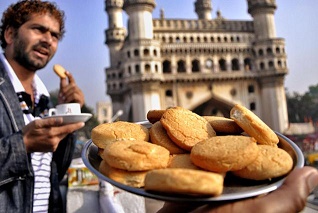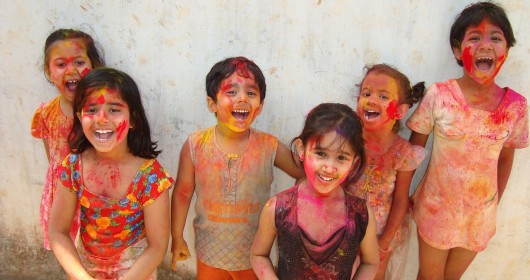Why do second gen desis have a problem interacting with first gen desis?

Recently I read a not-so-positive article about dating a brown girl in a white country on this very website. The author clearly had bad experiences with second generation Indian girls living abroad and it got me thinking.. why is it that there seem to be far more desis in relationships with men/women of other ethnicity than with their foreign born desi brethren?
Obviously I don’t have any empirical evidence that that is the case, it’s probably just based on relationship statuses in my small Facebook world. So, let’s entertain this (potentially fictitious) theory of mine for now.
There are at least two related themes that need to be considered here :
1.Second generation kids of most ethnicities harbor some sort of aversion towards their first generation peers. Maybe aversion is too strong a word.. let’s just call it indifference. This could be due to the fact that they don’t really associate themselves with their ethnic backgrounds. By the time they hit their teens, they’ve already assimilated into the American culture and their identity and being is shaped by their friends and peers more than their family.
This isn’t a radical theory – it’s commonly known to all desis as the ABCD syndrome. What would be more interesting to know is if this is far more prevalent among desis than other ethnicities. Again, going by my limited social interactions and observations, let’s assume it is. Which is fascinating because Indians here (in the US) traditionally have a bigger support system around kids – both here and back home compared to other ethnicities.
This should translate to more meaningful interactions between the American-born desi and his desi-born desi cousins and friends. This should then translate to meaningful relationships in their adulthood – which doesn’t seem to be happening.
A lot of my Indian friends tend to mingle with only Indians and often with only people of their own sub-ethnicities. Back in my university, Tamilians and Telugus were known to hang out with their own kind of people. This doesn’t mean that they didn’t like other people, it’s just that they never moved out of their comfort zone. Perhaps, as a culture, we Indians tend to be very exclusive which means that when we have kids – his or her experiences outside the home are vastly different from the environment inside the home.
And for a growing kid, what’s more cooler – camping with his friends at school or eating daal chawal at the family dinner table? Subsequently, whatever interactions they end up having with their desi-born cousins tends to be a projection of their interactions with their parents.
2. When an American woman meets an Indian guy, she does not have any baggage or pre-conceived notion of his Indian-ness (other than a few stereotypical notions). In the article I mentioned, the author talks about how he got rejected by a girl of Indian origin as soon as she came to know about his Indian-ness. Right at the outset, there seems to be a big difference between the two kinds of women.
Most relationships are born because two people share a common theme/interest. When the two people are from different environments or cultures (like in our friend’s case here) and seemingly don’t have anything in common at the outset, there needs to be some sort of curiosity or attraction between the two that can help them get over the initial hump. This is clearly absent in the latter.
The American woman is probably also making a conscious effort to get out of her comfort zone and interact with others with an open mind – the kind of interaction that perhaps didn’t happen for the Indian student living in a ‘foreign’ university.
So maybe it isn’t very surprising that second generation desis don’t date first generation desis or maybe even move in the same friends’ circles. Although it’s tempting to say that ABCDs are ashamed of their culture, I figure that there is more to it. And when it comes to interactions in social settings, perhaps it is incumbent on the desi to be more inclusive as much as it is on the American desi to try and break their childhood stereotypes.





